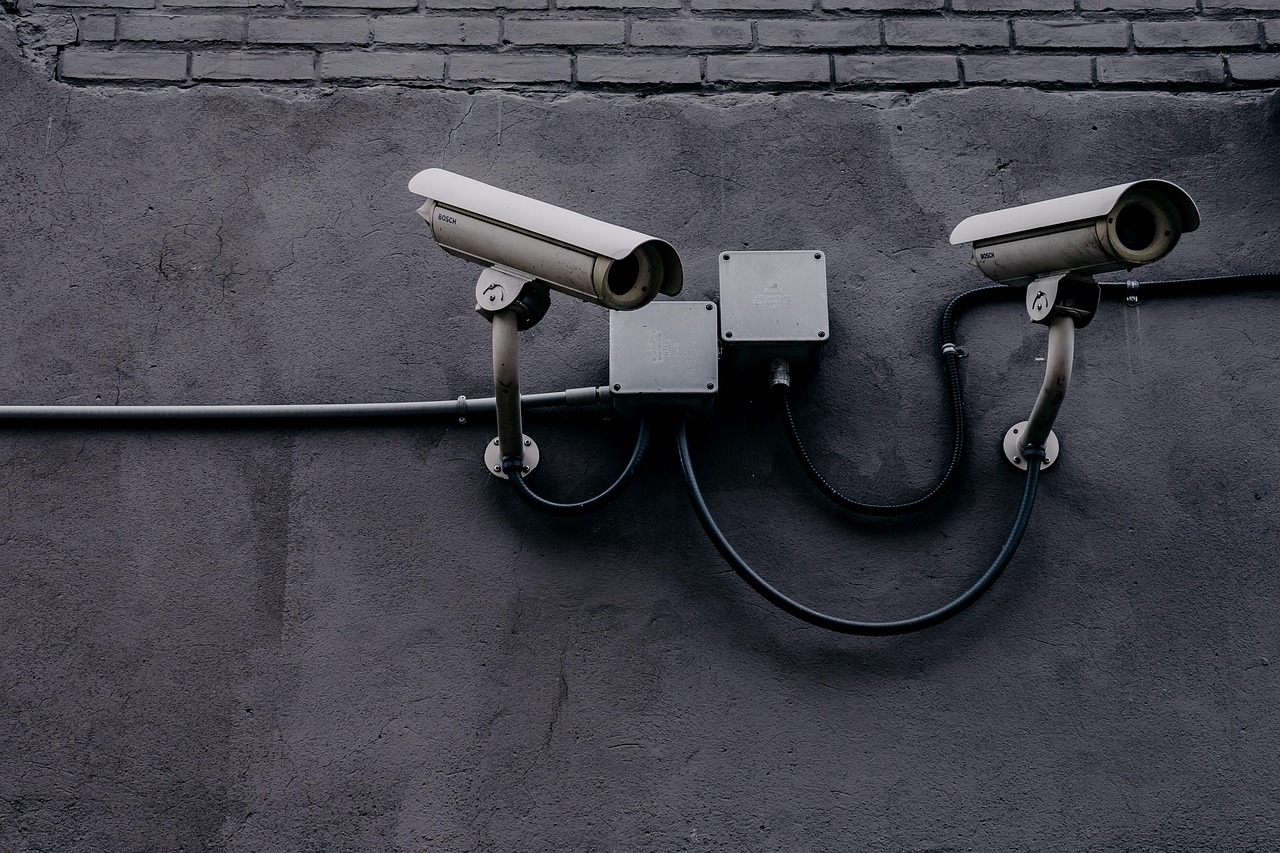The Future of Security Management: AI and Automation
Explore how artificial intelligence and automation are revolutionizing the security industry and improving operational efficiency.
Author: Vigilfy Team
8 min read

The security industry is undergoing a dramatic transformation driven by advances in artificial intelligence and automation technologies. As security companies face increasing demands for efficiency, cost reduction, and enhanced service quality, AI and automation are emerging as critical tools for staying competitive.
## The Current State of Security Management
Traditional security management relies heavily on manual processes, paper-based reporting, and reactive approaches to incidents. This outdated methodology creates several challenges:
- **High operational costs** due to manual administrative tasks
- **Inconsistent service delivery** across different shifts and locations
- **Delayed incident response** due to communication bottlenecks
- **Limited visibility** into guard activities and site conditions
- **Difficulty scaling operations** without proportional cost increases
## How AI is Transforming Security Operations
### Predictive Analytics
AI algorithms can analyze historical data to predict potential security incidents before they occur. By identifying patterns in foot traffic, environmental conditions, and past incidents, security companies can proactively deploy resources where they're needed most.
### Automated Scheduling Optimization
Machine learning algorithms can optimize guard scheduling by considering factors such as:
- Historical incident patterns at specific locations
- Guard performance metrics and specializations
- Client preferences and requirements
- Weather conditions and seasonal trends
- Special events and high-risk periods
### Intelligent Incident Detection
Computer vision and IoT sensors can automatically detect unusual activities, unauthorized access, or emergency situations, alerting security personnel instantly and reducing response times.
## Automation Benefits for Security Companies
### Streamlined Administrative Tasks
Automation can handle routine tasks such as:
- Timesheet processing and payroll calculations
- Incident report generation and distribution
- Client billing and invoicing
- Compliance documentation and reporting
### Enhanced Communication
Automated systems can facilitate better communication between guards, supervisors, and clients through:
- Real-time status updates
- Automated incident notifications
- Digital reporting and documentation
- Mobile app integration for instant communication
### Quality Assurance
Automated monitoring systems can track guard performance, ensuring consistent service delivery and identifying areas for improvement.
## Implementation Strategies
### Start with Core Processes
Begin automation with high-impact, repetitive tasks such as scheduling and reporting. This provides immediate ROI while building organizational confidence in automated systems.
### Invest in Training
Ensure your team understands how to work with AI and automation tools. Proper training is essential for successful implementation and user adoption.
### Choose Scalable Solutions
Select platforms that can grow with your business and integrate with existing systems. Avoid solutions that create data silos or require significant customization.
## The Road Ahead
The future of security management lies in the intelligent combination of human expertise and technological capabilities. Companies that embrace AI and automation will gain significant competitive advantages through:
- **Reduced operational costs** of 20-30%
- **Improved service quality** and client satisfaction
- **Enhanced scalability** without proportional cost increases
- **Better risk management** through predictive analytics
- **Increased profitability** through operational efficiency
As these technologies continue to evolve, security companies must adapt or risk becoming obsolete. The question isn't whether to implement AI and automation, but how quickly you can do so while maintaining service quality and client relationships.
The security industry's transformation is just beginning, and companies that position themselves at the forefront of this technological revolution will thrive in the years to come.